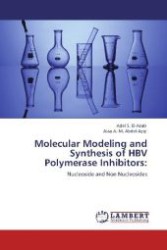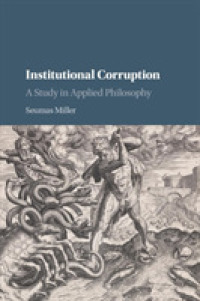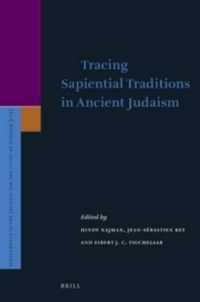- ホーム
- > 洋書
- > 英文書
- > Architecture
Full Description
The Industrial Revolution caused a paradigm shift from an agrarian economy to a manufacturing economy, giving birth to the industrial city. 'City' became synonymous with a concentration of factories causing unfiltered scenes between centres of production and urban dwellings. The corrupted image of the city ultimately led to the displacement and separation of production away from residential zones in the 20th century. However, new innovative manufacturing technologies are allowing a coexistence between factories and dwellings through hybrid typologies that blend production back into the urban fabric. This AD issue discusses the implications of the re-emergence of production as an architectural and urban agenda through hybrid models that engage a new socioeconomic shift. Given the contemporary circumstances of a global pandemic affecting global supply chains, it is necessary to deliver a vision for a new productive urbanism that allows autonomous circular economies to flourish. Our 21st-century cities have an obligation to explore a new industrial revolution of shared economies that optimise the use of the legacy systems, infrastructure and building stock. Yet it is ultimately up to architecture to take arms in delivering new typologies.
Contributors: Frank Barkow, Michele Bonino and Maria Paola Repellino, Kristiaan Borret, Vicente Guallart, Tali Hatuka, Doojin Hwang, Yerin Kang and Chihoon Lee, Kengo Kuma, Wesley Leeman, Scott Lloyd and Alexis Kalagas, Winy Maas, DK Osseo-Asare, Marina Otero Verzier, Nina Rappaport, and Shohei Shigematsu.
Featured architects: Barkow Leibinger, DJH Architects, Goldsmith, Kengo Kuma & Associates, MVRDV, OMA, and TEN.
Contents
Chapter 1 Introduction Factories for Urban Living: Retooling 21st-Century Production
Chapter 2 The New Industrial Urbanism
Chapter 3 The Digital Reindustrialisation of Cities
Chapter 4 Nothing Is Automatic: Producing More-Than- Human Relations in the Pearl River Delta
Chapter 5 Salad Days: Urban Food Futures
Chapter 6 The New Industrial Commons: Worker-Owners and Factory Space
Chapter 7 From Food Hub to Food Port: In Conversation with OMA's Shohei Shigematsu
Chapter 8 Occupying Africa: Prototyping a Transformal Makerspace Network
Chapter 9 A New Paradigm for the Periphery: The Case Against Reuniting City and Factory
Chapter 10 Architecture for Plateaus and Valleys: The Marketability of Industrial Mixing
Chapter 11 Floating Farms: Feeding Rotterdam from Within
Chapter 12 The Danwei System: Living with Production
Chapter 13 Freeland: How Residents Are Creating a Dutch City from Scratch
Chapter 14 Urban Production in Seoul's Historic Centre Choonwondang Hospital of Korean Medicine
Chapter 15 Seoul's Shoe Silo: A Vertical Smart Anchor for the Small Manufacturer
Chapter 16 Building Better: Brussels Production Urbanism as a Policy
Chapter 17 From Another Perspective - Ottawa 2120: Zachary Colbert








